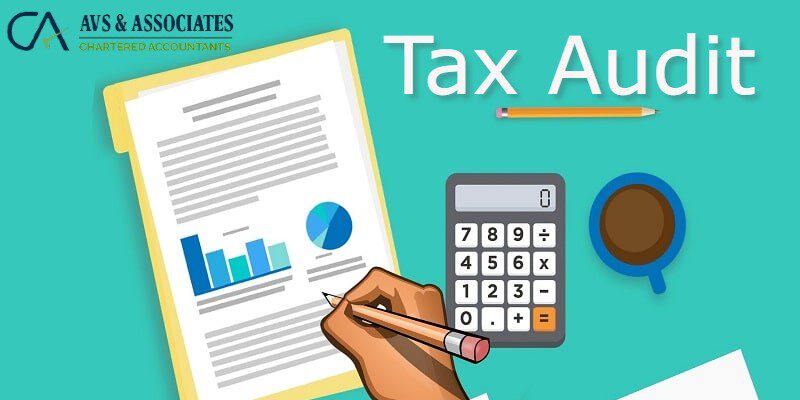Tax audit leads to the verification of the books of accounts maintained by a taxpayer. Its purpose is to validate the income tax computation made by the taxpayer in the ITR (income tax return) and to ensure compliance with the laws of Income Tax. Auditing of books of accounts need to be carried out by a certified Chartered Accountant.
Who Required a Tax Audit?
A tax audit is essential for those whose turnover crosses a particular threshold limit, whether it is company, limited liability partnership (LLP), or any individuals
Here is the essential tax audit limit for different categories of taxpayers:-
- Any individual carrying on a business whose business sales, turnover, or gross receipts exceeds INR 10 million.
- Any individual carrying on a professional whose gross receipts exceeds INR 5 million.
- Any person carrying on a business where the profits and gains from the business are determined on a presumptive basis under section 44AE, 44BB, or 44BBB, and who has claimed their income to be lower than the profits/gains of his/her business.
- Any person carrying on a business whose income is determined on a presumed basis under section 44AD and who has claimed such income to be lower than the profit of their business, yet steepen the maximum amount which is not chargeable as income tax.
Under the union budget it was proposed that MSME (medium, small, and micro enterprises) whose turnover is less than INR 50 million will not be required to undergo a tax audit.
However, this exception will be applicable for those MSMEs that carry out less than 5% of their business transactions in cash.
What are the objectives of the Tax Audit?
- A proper audit for tax purposes would ensure that the books of account and other records are properly maintained.
- Such an audit would also help in checking fraudulent practices.
- It can also facilitate the administration of tax laws by a proper presentation of accounts before the tax authorities.
- It can save the time of Assessing Officers in carrying out routine verifications, like checking the correctness of totals and verification of sales and purchase, etc.
Introduction to Section-44AB
Section 44AB covers the provisions for the Tax Audit of a tax-paying entity. However, tax audit shall be conducted and managed as per these provisions by a CA who ensures that the taxpayers has maintained proper books of account & complied with the provisions of the Income-tax Act.
The report of Tax Audit is to be given by the CA in Form 3CA / 3CB & Form 3CD.
In the case of Non-resident or Foreign company- The Tax Audit being done, and the report will be given in Form 3CE.
If any charitable or religious trust is being audited- the report of such audit is submitted in Form 10B.
What constitutes the Tax Audit Report?
The tax auditor will furnish the report in a described form which could be Form 3CA, 3CB or 3CE where:
Form 3CA– This form is furnished when a person, whose business is already mandated to get his /her accounts audited under other law. This will be applicable for entities like a company where it is also needed to be audited under the Companies Act.
Form 3CB- This is furnished when a person carrying on business or profession is not necessary to get his accounts audited under any other law. This will be applicable for entities like individuals where they are not needed to be audited under any other act.
Form 3CE- This is furnished where a person is a non-resident or foreign company who receive royalty or technical service fees from the Indian government or any Indian concern.
Due date for Tax Audit
Any person comes under section 44AB should get the accounts audited before the due date of filing the return of income. 30th September on or before is the due date of the relevant assessment year.
What is the Penalty of non-filing or delay in filing tax audit report?
If any taxpayer fails to be filing or delay in filing tax audit report, the least of following may be levied as a penalty:
- 0.5% of the total turnover or gross receipts, sales.
- INR 1,50,000

